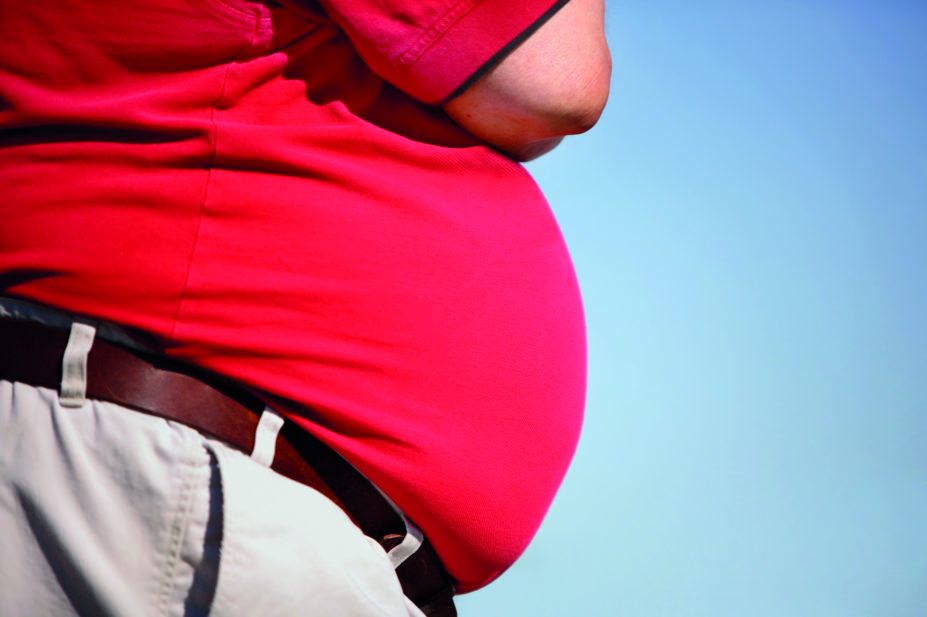
Shutterstock.com
Recombinant human growth hormone (rhGH) is usually dosed according to total body weight, but there is limited evidence as to whether this is appropriate for obese children.
In a study in PLoS One (17 July 2017), researchers analysed data on 354 paediatric patients who received rhGH dosed according to total bodyweight at their hospital[1]
.
They found that in the first year of treatment, height gain increased with body-mass index, except for in obese patients. However, levels of insulin-like growth factor 1, a hormone that is released in response to rhGH, were significantly elevated in obese patients.
The researchers say that, given that higher than normal IGF-1 levels may be associated with adverse effects such as increased cancer risk, alternative dosing strategies in obese patients could improve safety and reduce costs while maintaining sufficient height gains.
References
[1] Hawcutt D, Bellis J, Price V et al. Growth hormone prescribing and initial BMI SDS: Increased biochemical adverse effects and costs in obese children without additional gain in height. PloS One 2017. doi: 10.1371/journal.pone.0181567


